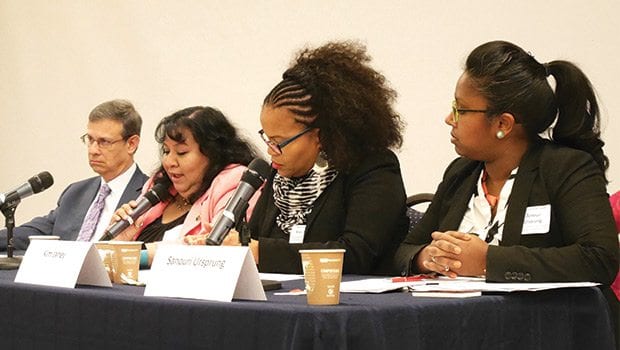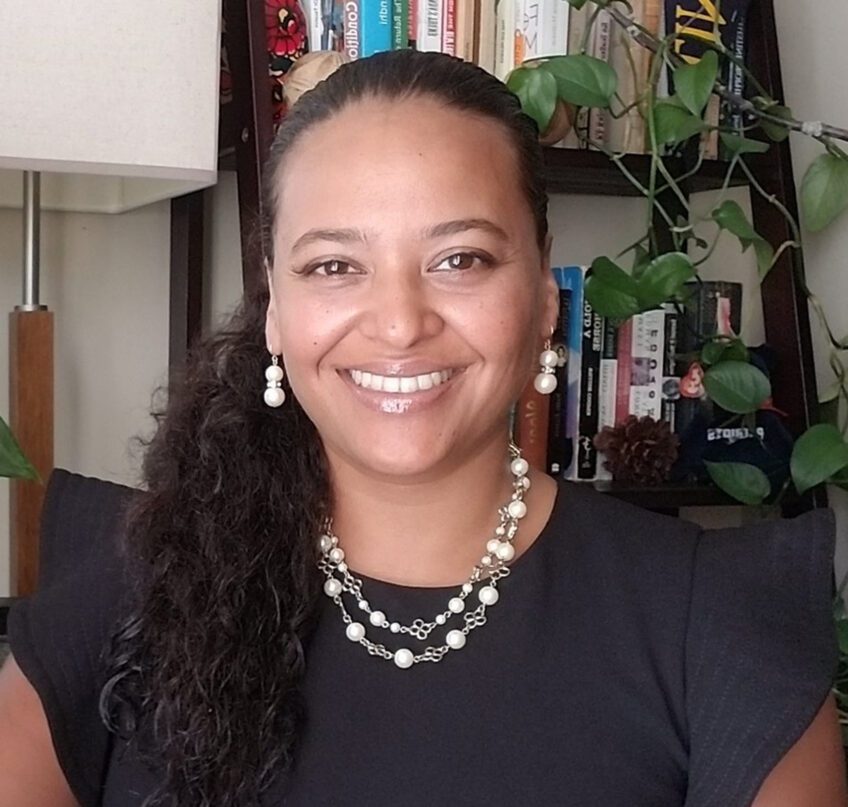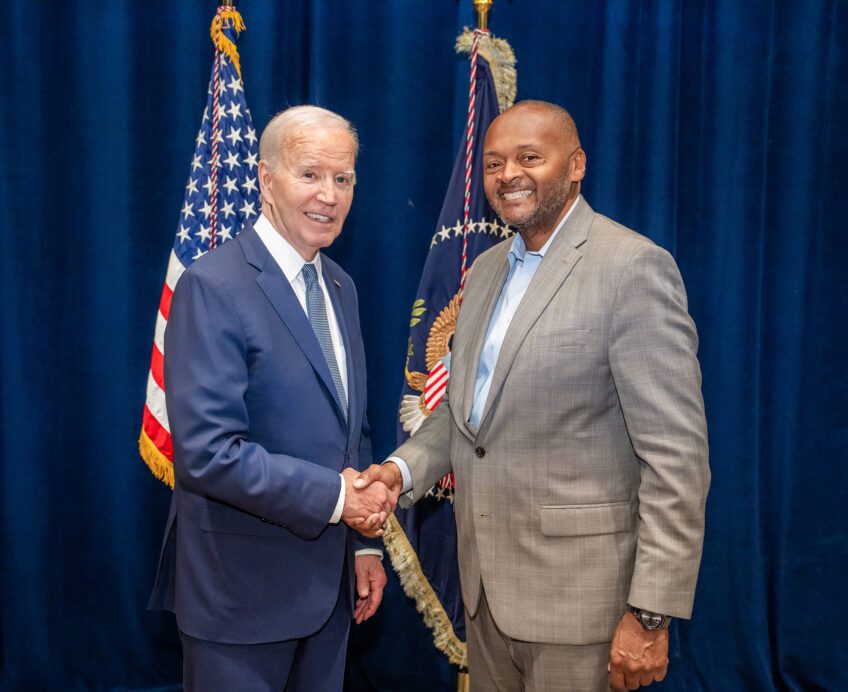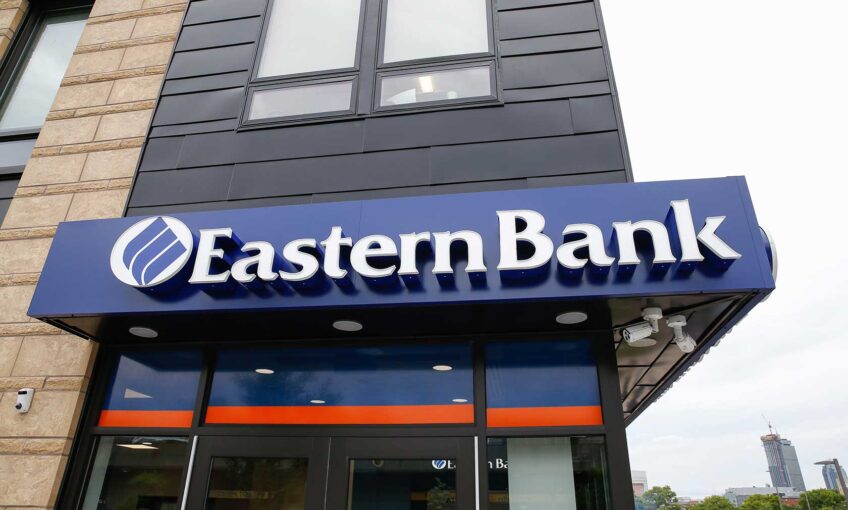
While the Greater Boston area has grown more diverse over the past five years, the region remains racially and economically segregated, a new report shows, with the average income 18 times higher for the highest-earning fifth of households than for the lowest fifth, and widening income and wealth gaps disproportionately affecting blacks and Latinos.
The “State of Equity 2017 Update,” released Feb. 28 by the Metropolitan Area Planning Council, shows that black and Latino household median incomes in the region are less than half those of white and Asian households. What’s more, even as the Massachusetts economy has improved overall, unemployment rates are significantly higher for blacks and Latinos as well as for people with disabilities. Home ownership remains low for blacks and Latinos and their home mortgage applications are denied at a higher rate even when they have high incomes.
The new report is a five-year update to a 2011 report examining inequity — lack of full and equal access to opportunity — in such indicators as economy, education, housing, public health and transportation. A regional planning agency, MAPC covers 101 cities and towns in the wider Boston metropolitan area.
The report does reveal some heartening trends. For instance, MCAS scores and graduation rates have increased across all race/ethnicity groups. In the public health category, childhood lead poisoning has decreased and the rate of low birth weight babies has dropped for women in nearly every race and education category. In the justice category, the number of inmates in the Department of Corrections has dropped by 12 percent and race disparities in incarceration rates have declined slowly.
Even with these positive changes, however, black and Latino students still show lower education outcomes than whites and Asians, black women still have the highest rate of low birth weight babies of all race/ethnicity groups, and blacks and Latinos continue to be severely overrepresented in the prison system.
MAPC Executive Director Marc Draisen said the agency will now formulate over the next few months an updated policy agenda based on the Equity Update findings. He encouraged attendees to keep in touch with MAPC and offer ideas and suggestions.
Kim Janey, senior project director for Massachusetts Advocates for Children, spoke on a panel moderated by Draisen at the report release event in Roxbury’s Hibernian Hall. She said any discussion of solutions must take into account historical discrimination and structural racism.
“That’s something we cannot ignore if we’re serious about addressing these issues,” Janey said. “Even if we have laws on the books, and wonderful policies on the books, how are we prioritizing? Are we using an equitable lens when we implement them?”
With the Trump administration ready to undo many pro-equity policies put in place over the past 50 years, there is heightened urgency for other levels of government to address disparities.
“If indeed the federal government withdraws from its commitment to advancing equity,” the report states, “the responsibility may fall to local and state leaders to demonstrate that fairness and inclusion are the surest pathways to a bright future and a strong economy.”
Some suggestions were offered by panelists and attendees at last week’s event.
Panelist Jeanette Huezo, executive director of United for a Fair Economy and co-author of a recent report on race-based economic inequalities, recommends changes to Massachusetts business and income tax structure, including raising corporate taxes and passing the Fair Share Amendment to add a tax surcharge on incomes over $1 million that would go a long way toward funding remedies.
“They say there is no money. But the tax structure in our state is wrong,” said Huezo. “The money is there. We can fund programs. It’s time to make public servants accountable.”
As immediate actions, Huezo urged attendees and officials to support sanctuary cities for the protection and well-being of immigrants and to support the Jim Brooks Community Stabilization Act, a tenant protection measure proposed by Mayor Martin Walsh that will need state lawmaker approval after passage by the city council.
Sanouri Ursprung, acting director of the Office of Statistics and Evaluation at the Massachusetts Department of Public Health and also on the panel, cited the past campaign to reduce tobacco use as a model for improving public health.
“With tobacco, we galvanized several generations [to take action],” she said. “But that took years of culture change.”
Today’s pressing public health issues include obesity, diabetes and hypertension. Tackling them will require not only motivating people to make individual choices, Ursprung said, but also scrutinizing the policy decisions that now contribute to poor health, such as food subsidies that make unhealthy food cheaper and policies that allow ‘food deserts’ or lack of access to safe outdoor activity to persist.
Trina Jackson, community engagement practice leader at Third Sector New England, suggested stronger efforts to support problem-solving and leadership by those directly impacted by the inequities revealed in the report. She cited land trusts and worker-owned cooperatives as valuable community-led solutions.
“People do have a lot of thoughts about what the solutions are,” she said during the discussion period, “but we don’t engage them enough. We tend to see them as passively dealing with issues and not having the knowledge and wisdom to help change things.”






